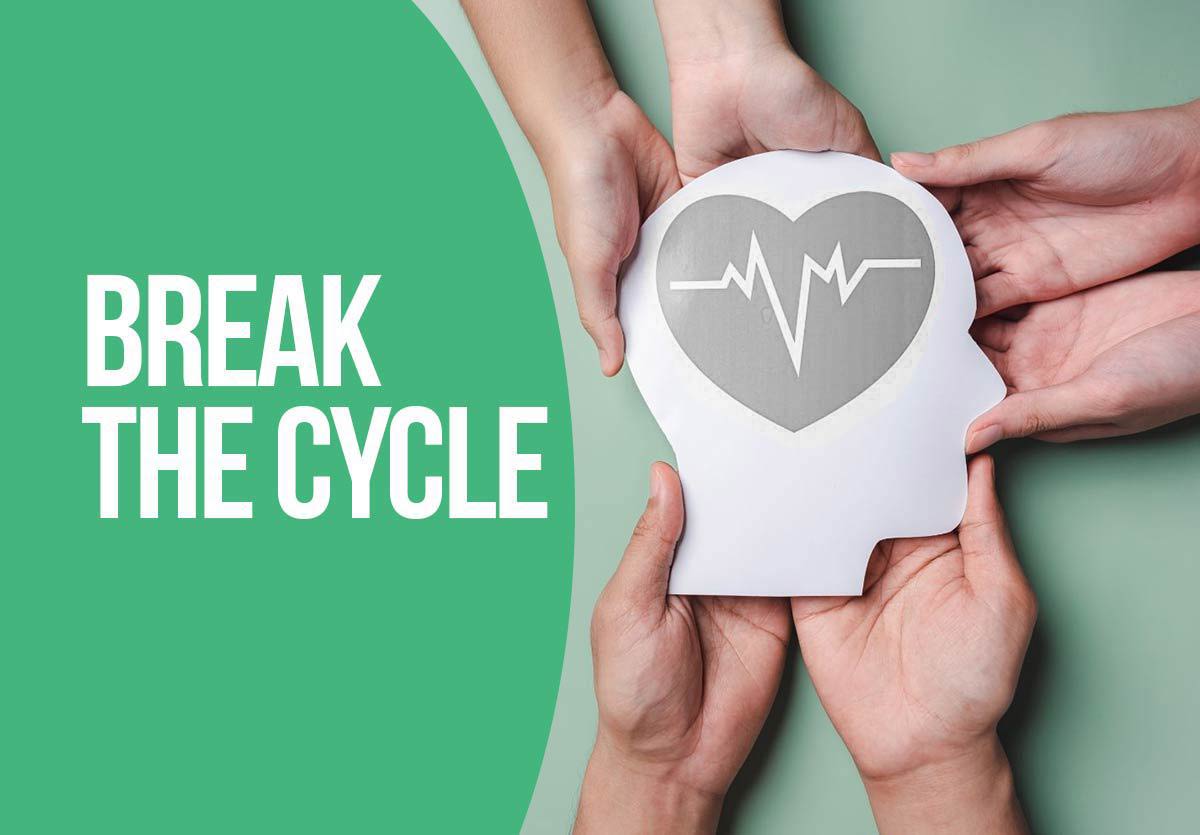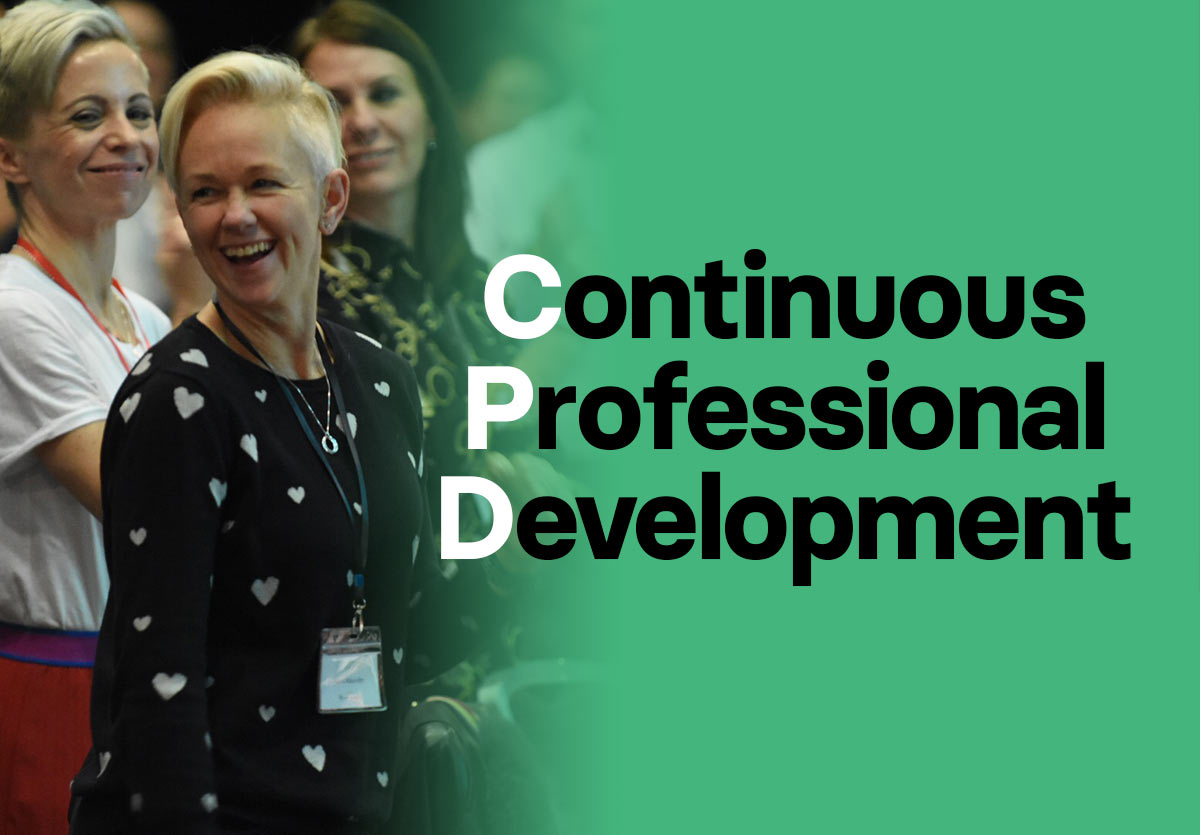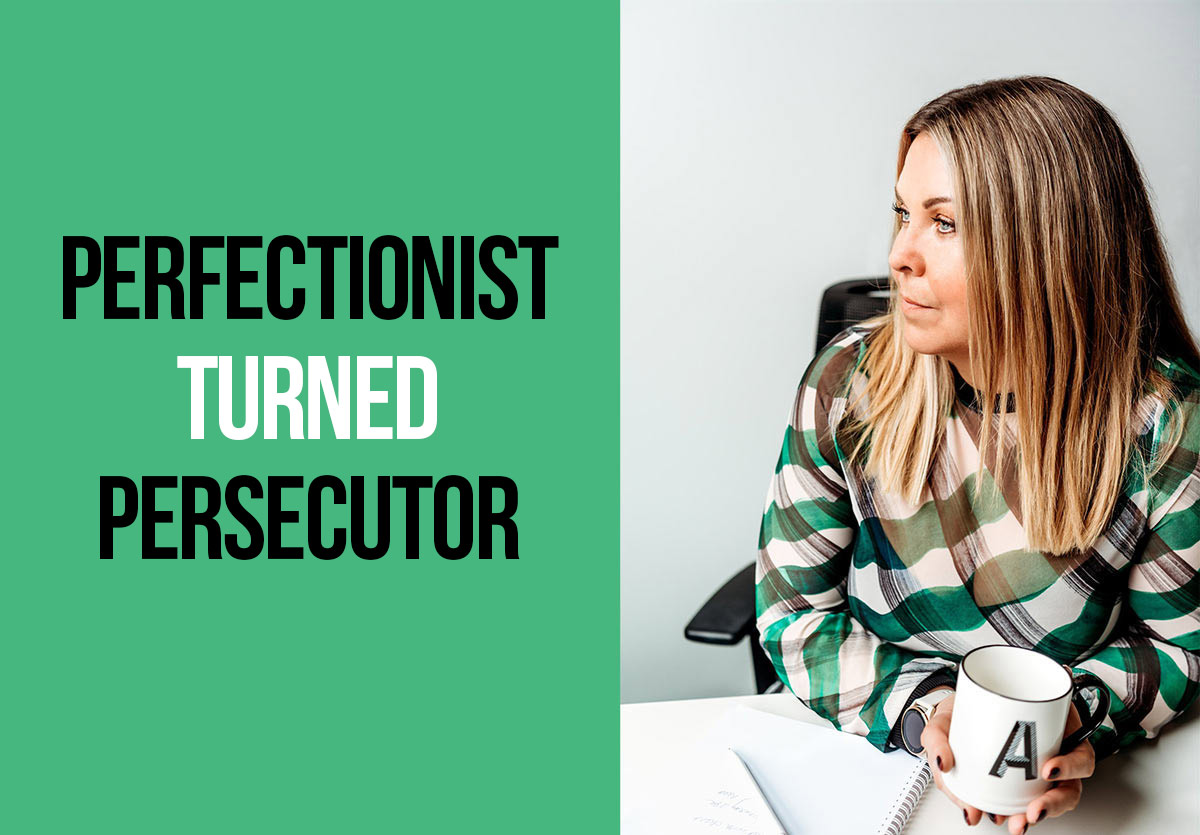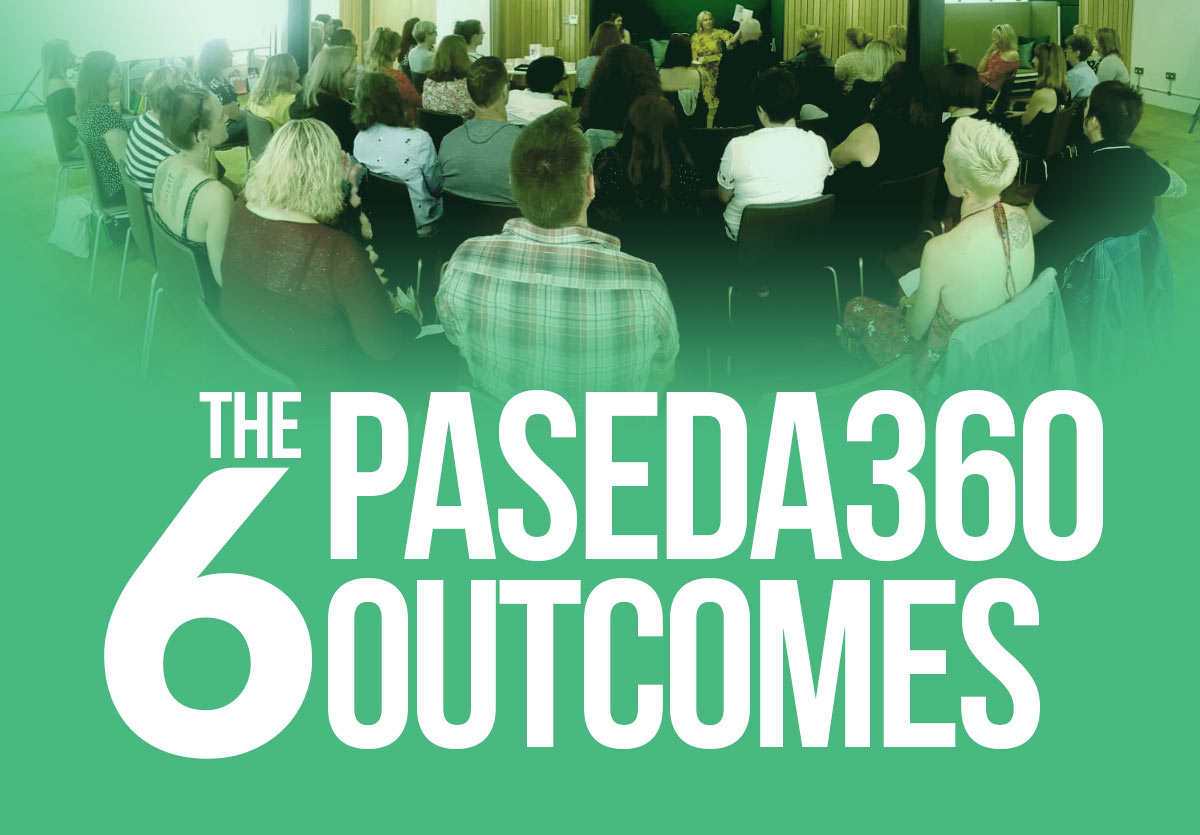In today’s fast-paced world, many individuals find themselves wearing masks to hide their authentic selves, often driven by societal pressures and expectations. At Paseda360 Coach Training Academy, we’re on a mission to unmask these pretenders to help individuals embrace their true selves.
Our Pretender Model has identified four common ways people mask their authentic identities, one of which is perfectionism. In this article, we will delve into the connection between perfectionism and jealousy, understanding the psychological factors that fuel jealousy, and outline strategies to alleviate this pervasive emotion.
Unmasking the Perfectionism Pretender:
Perfectionism is a mask worn by individuals striving for flawless achievements in various aspects of their lives. They set unattainably high standards for themselves, believing that success and happiness are contingent on reaching these impossible ideals.
However, the pursuit of perfection often leads to feelings of inadequacy and jealousy towards others who seemingly have achieved the unattainable.
The Perfectionism-Jealousy Nexus:
Jealousy is a common emotion experienced by many individuals, fueled by various factors, and it often stems from the perfectionism mindset. Perfectionists tend to compare themselves to others constantly, leading to feelings of envy and resentment when they perceive others as more successful, accomplished, or happier.
Psychological Factors of Jealousy:
Insecurity: Perfectionists often struggle with deep-rooted feelings of insecurity about their abilities and worth. When faced with others’ achievements, their insecurities are triggered, leading to jealousy as a defense mechanism to protect their self-esteem. Fear of Failure: Perfectionists fear failure and view it as a sign of weakness or inadequacy. Witnessing others succeed can intensify their fear, leading to jealousy as they feel they are falling short in comparison.
Scarce Resources Mindset: Perfectionists may view success, love, or recognition as limited resources, and thus, when others attain these perceived limited resources, they experience jealousy, fearing that it diminishes their chances of achieving them. Self-Worth Contingency: Jealousy can arise when a person’s self-worth is solely tied to external achievements and validation. Perfectionists often base their self-esteem on their accomplishments, making them more prone to jealousy when others succeed.
Alleviating Jealousy:
Cultivate Gratitude: Fostering a sense of gratitude for one’s own accomplishments and blessings can help diminish feelings of jealousy. Acknowledging personal growth and achievements, no matter how small, can promote self-compassion and reduce the need for constant comparison. Embrace Imperfection: Encouraging the acceptance of imperfections can be liberating for perfectionists. Recognising that nobody is flawless and that mistakes are opportunities for learning and growth can ease the pressure to be perfect.
Develop Self-Compassion: Practicing self-compassion involves treating oneself with kindness and understanding, especially in moments of perceived failure or inadequacy. By being kinder to oneself, perfectionists can mitigate jealousy and develop a healthier self-image. Reframe Comparison: Instead of viewing others’ achievements as threats, reframe comparisons as sources of inspiration and motivation. By celebrating others’ successes, perfectionists can foster a positive and supportive mindset, reducing jealousy.
Seek Support: Engaging in open conversations with friends, family, or a professional coach can provide valuable perspectives and insights. Sharing feelings of jealousy in a safe space can help individuals gain clarity and develop coping mechanisms.
Conclusion:
Perfectionism, one of the masks identified in Paseda360 Coach Training Academy’s Pretender Model, often paves the way for jealousy due to the relentless pursuit of unattainable ideals. Understanding the psychological factors behind jealousy and implementing strategies to alleviate it can lead to personal growth and a more fulfilling life. Embracing imperfections, cultivating gratitude, and developing self-compassion are essential steps towards unmasking the pretender and embracing one’s authentic self. At Paseda360, we strive to empower individuals to shed their masks, leading them on a journey of self-discovery, acceptance, and growth.







